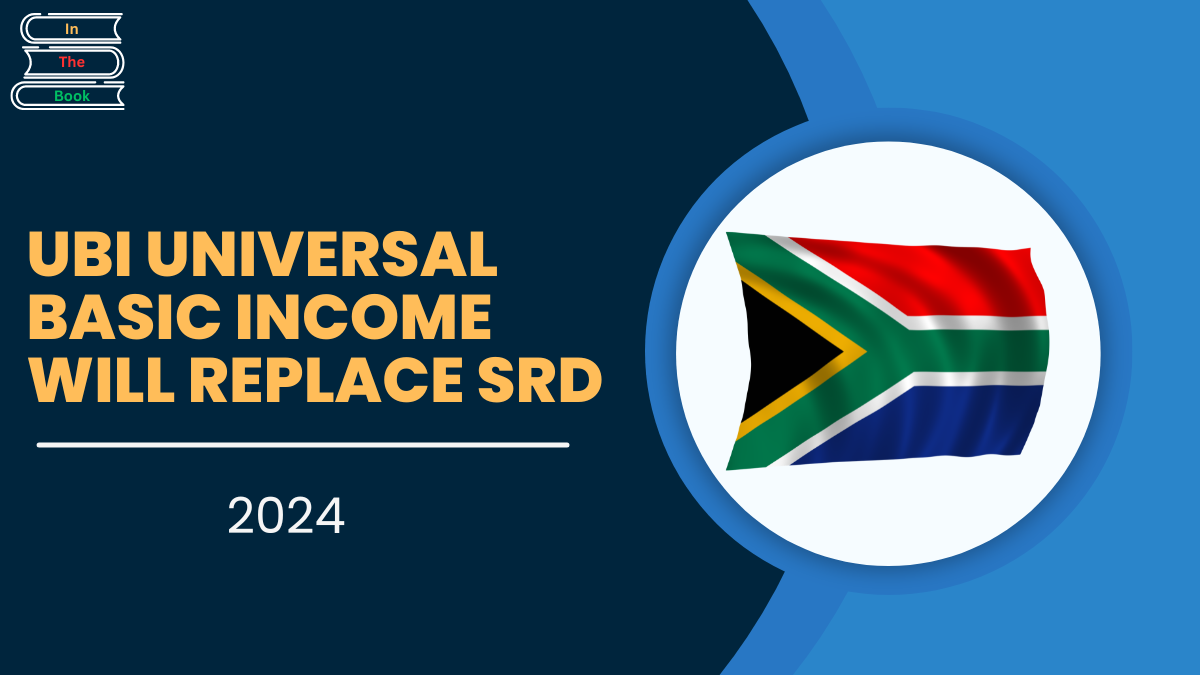South Africa is moving forward with plans to replace its Social Relief of Distress (SRD) grant with a Universal Basic Income (UBI) grant. Spearheaded by the African National Congress (ANC), this initiative aims to offer consistent financial assistance to all adults aged 18 to 59, positioning South Africa as one of the pioneering nations in adopting UBI nationally.
Contents
UBI Universal Basic Income Will Replace SRD 2024
The SRD grant was initially introduced during the COVID-19 pandemic to support individuals living below the poverty line, offering R370 per month to those with minimal income. However, the SRD grant has faced criticism for its limited reach and complex application process.
The ANC plans to replace the SRD grant with UBI to combat poverty and inequality more effectively. Unlike the SRD grant, UBI will be available to all adults within the specified age range, regardless of income or employment status. This transition is expected to occur within two years of the new administration’s office.
Eligibility for UBI
Every South African adult aged 18 to 59 will be eligible for the UBI grant. This universal approach eliminates the need for complicated application procedures, ensuring that all eligible individuals receive the support they need.
Benefits of UBI
The introduction of UBI in South Africa is anticipated to bring several advantages:
- Alleviate Poverty and Inequality: UBI has the potential to lift millions out of extreme poverty and reduce income disparity.
- Economic Growth: Direct cash transfers can boost consumer spending, driving demand for goods and services and potentially creating jobs.
- Empowerment and Dignity: By providing financial autonomy, UBI empowers individuals to make decisions that best meet their needs, fostering a sense of dignity.
- Encourage Entrepreneurship: With guaranteed income, individuals may be more inclined to take risks and invest in new business ventures.
- Streamline Social Welfare: UBI simplifies the social welfare system by eliminating complex eligibility criteria and reducing administrative costs.
Challenges and Considerations
While UBI offers many benefits, there are also significant challenges to address:
- Funding: Implementing UBI requires substantial financial resources. The ANC and other groups have suggested funding options, such as a social security tax, wealth tax, or increased VAT revenue.
- Inflation Risk: If not carefully managed, UBI could lead to inflation, making it crucial to balance increased consumer demand with adequate supply.
- Public Support and Political Will: Successful implementation of UBI will depend on strong political commitment and widespread public support. Building consensus among various groups is essential.
- Monitoring and Evaluation: Continuous monitoring and evaluation will be necessary to assess the impact of UBI and make any necessary adjustments.
Global Context
South Africa’s move towards UBI is part of a broader global conversation on basic income as a tool to address poverty and inequality. During the pandemic, several countries tested emergency income support measures, bringing the concept of UBI into greater prominence. Positive results from these trials have bolstered the case for UBI.
Conclusion
South Africa’s transition from SRD grants to Universal Basic Income is a courageous and potentially far-reaching policy shift. By offering unconditional financial assistance to all adults, UBI seeks to alleviate poverty, boost economic growth, and give individuals more empowerment. As South Africa grapples with implementing this policy, the global community will watch attentively and draw lessons from its journey.
Click the link to know more

I am a dedicated lifestyle and fashion enthusiast, always looking for the latest trends and timeless styles. With a flair for creativity and a passion for self-expression, I provide fresh insights and tips on elevating everyday living and personal style.

























